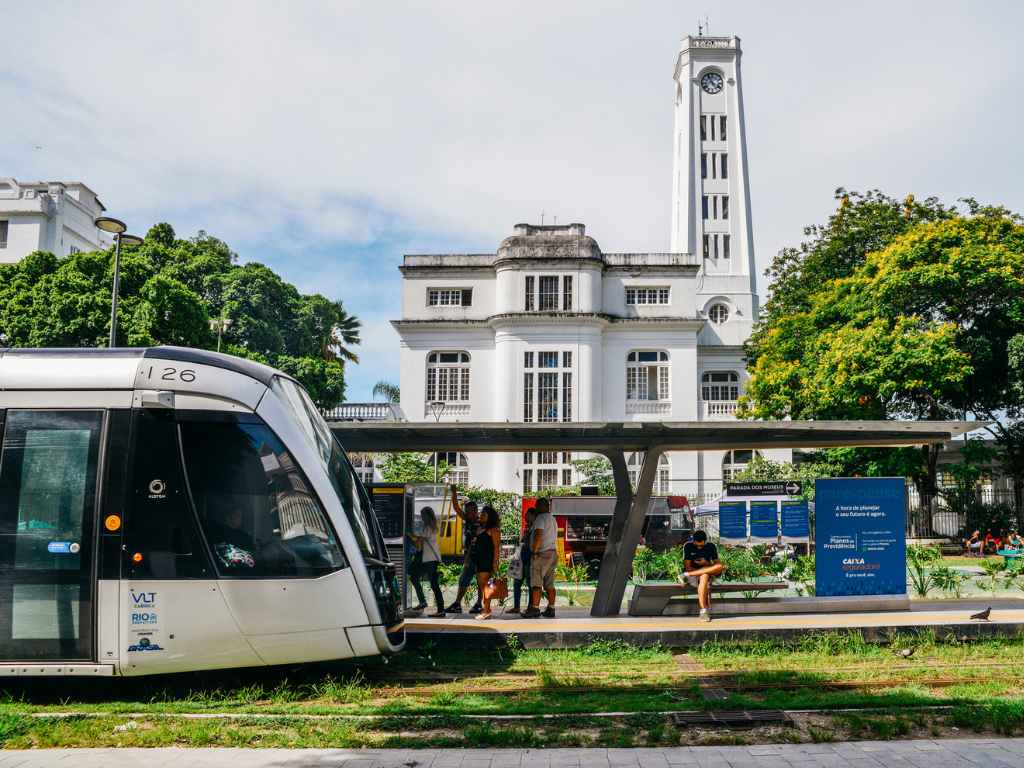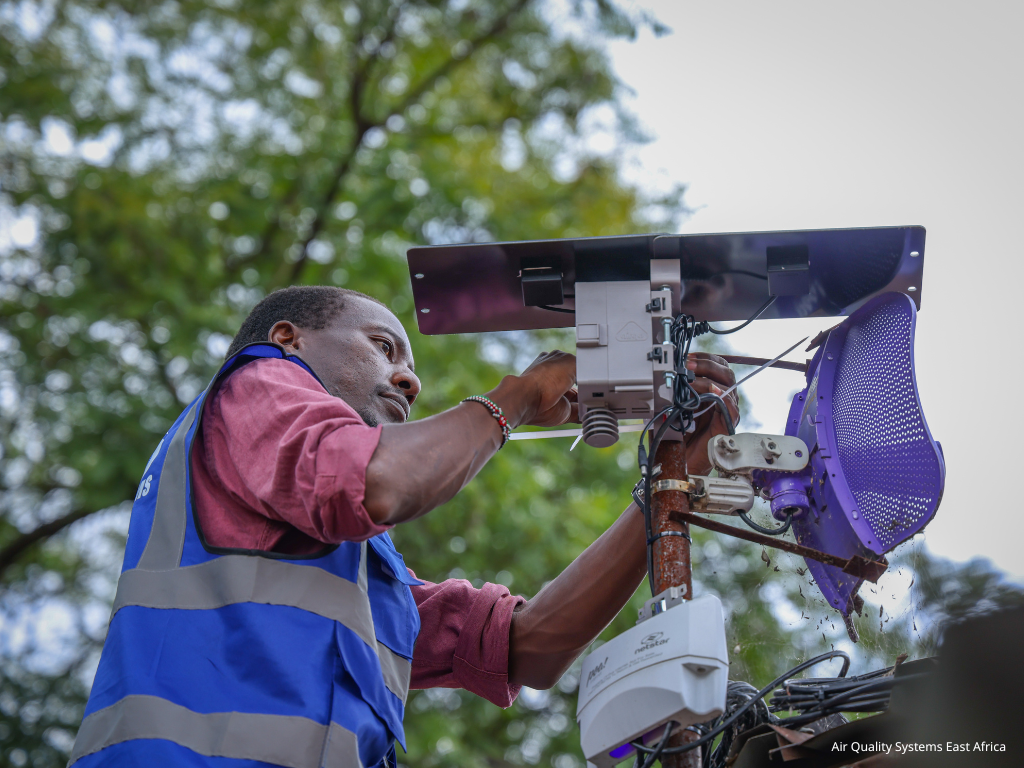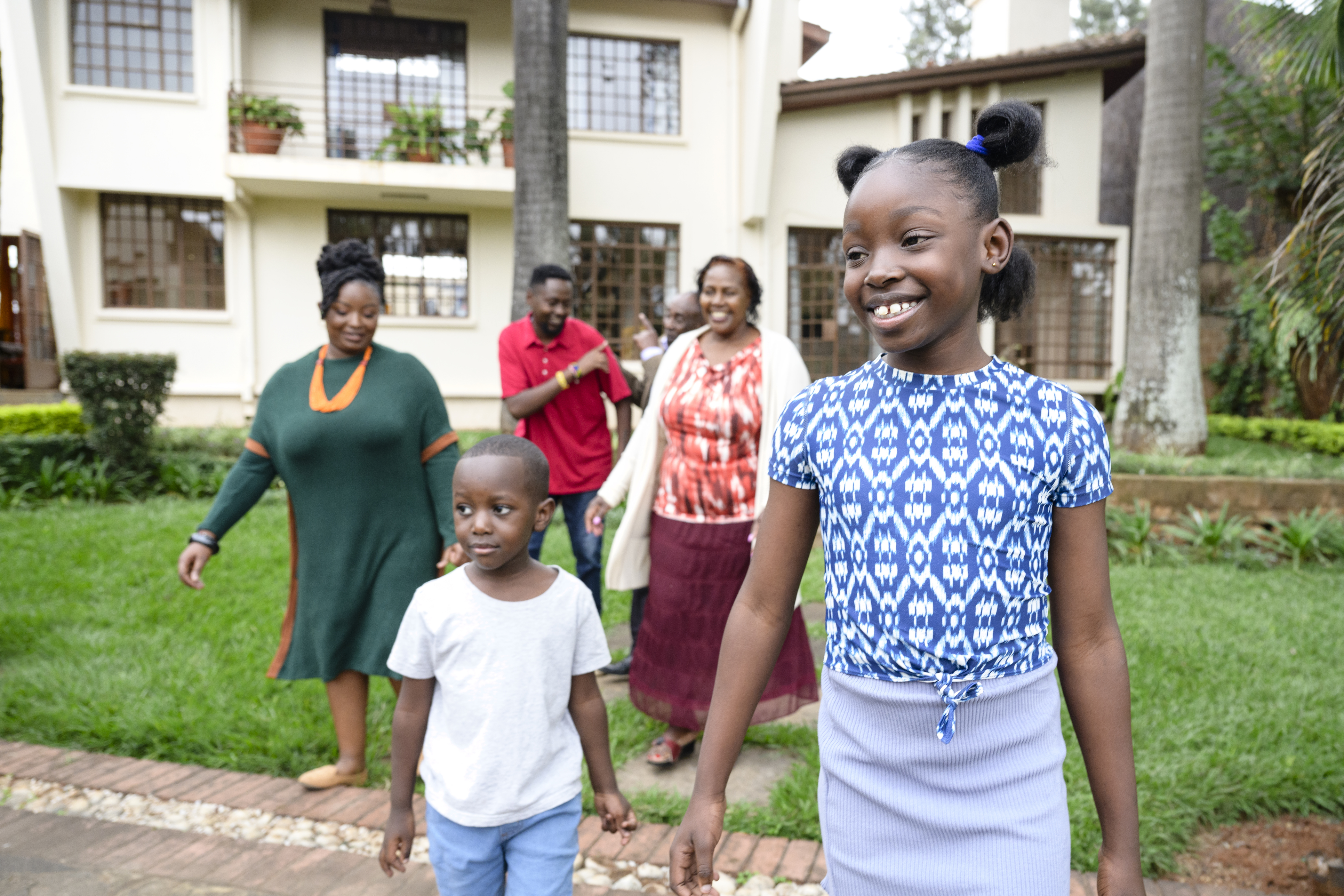Accra
The Ghanaian capital is one of Africa’s fastest growing cities, with over 5 million people living in the Greater Accra Metropolitan Area and the population expected to more than double by 2050. Learn how the city is working with Breathe Cities to ensure its residents breathe cleaner air.




Air pollution in Accra
In 2023, the level of harmful particles in the air in Accra was 4 times higher than health experts recommend. Most of the man-made pollution comes from transport (40%) and waste burning (32%), which also contribute to the climate crisis.
Air pollution affects residents across the city, in both high and low-income neighbourhoods. Those most affected include vulnerable populations and people living in the city’s central business district, where they are exposed to high levels of pollution from fossil fuel-powered vehicles, and in informal settlements, where formal waste collection is more challenging.
Rapid urbanisation, increased digitisation, and a growing middle class mean Accra is producing more waste than ever. The city generates nearly 900,000 metric tons of solid waste annually, yet formal collection systems only manage about half of it. Informal waste collectors handle much of the remainder, but approximately 14% of households still burn their waste daily, releasing harmful chemicals into the air.
Accra has already taken many steps toward cleaner air, including integrating informal waste collectors into official waste management processes, promoting recycling, and implementing a ban on waste burning. The benefits of clean air action are huge – estimates suggest that if the Greater Accra area met WHO’s air pollution guidelines, the city could prevent 1,790 deaths a year.
What we're doing in Accra
Breathe Accra is working with city officials and local communities to help clean the air. Our goal is to inspire action to improve air quality and create a healthier, thriving future for Accra’s residents.
Through our data project, we deployed 67 real-time air quality sensors across 13 districts—creating one of Africa’s largest low-cost sensor networks. For the first time, this air quality data is freely available, empowering communities with localised insights and driving informed action by local leaders and policymakers.
We’re supporting a study on the health impacts of air pollution in Accra, as well as research into the sources and amount of air pollution, to help provide more evidence for action. In addition, we’re providing technical policy assistance to support the development of local air quality action plans across the city’s many districts and help strengthen the enforcement of the existing ban on waste burning.
We’re also working with local communities on prevention campaigns to raise awareness of air pollution and help reduce waste burning throughout the city.
In Accra, we work with a range of local partners and community groups in our efforts to clean the city’s air, including the University of Cape Coast, the University of Energy and Natural Resources, the University of Ghana, the United Nations Development Programme, the Centre for Public Interest Law, Council for Scientific and Industrial Research – Building Road Research Institute of Ghana, Infinity970 and PSS Urbania.

Related Posts
-
 Press Release15/11/2024Rio de Janeiro
Press Release15/11/2024Rio de JaneiroRio de Janeiro launches Breathe Cities initiative to tackle air pollution
Rio de Janeiro has launched the 'Breathe Rio de Janeiro' initiative to enhance air quality… -
 Press Release11/06/2025Nairobi
Press Release11/06/2025NairobiNairobi Takes Action for Clean Air with First City-Owned Air Quality Monitoring Network
Nairobi launches its first city-owned air quality monitoring network—deploying 50 sensors delivering real-time data to… -
 Press Release06/09/2024Global
Press Release06/09/2024GlobalJohannesburg launches Breathe Cities initiative
Johannesburg has launched the Breathe Cities initiative during its annual Clean Air Week, aiming to… -
 Press Release11/09/2024Nairobi
Press Release11/09/2024NairobiNairobi launches Breathe Cities initiative in fight against air pollution
Nairobi is taking bold steps to tackle air pollution with the Breathe Cities initiative, uniting…



